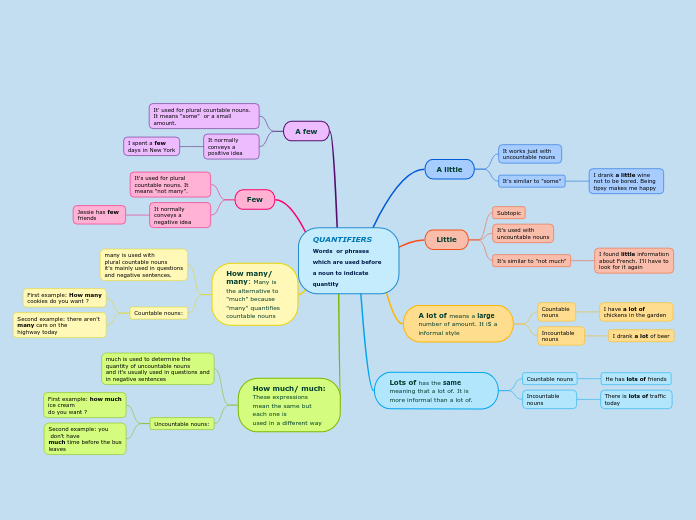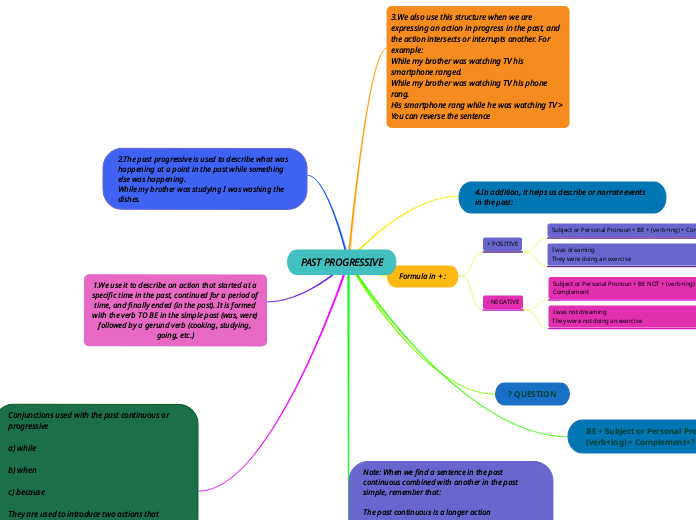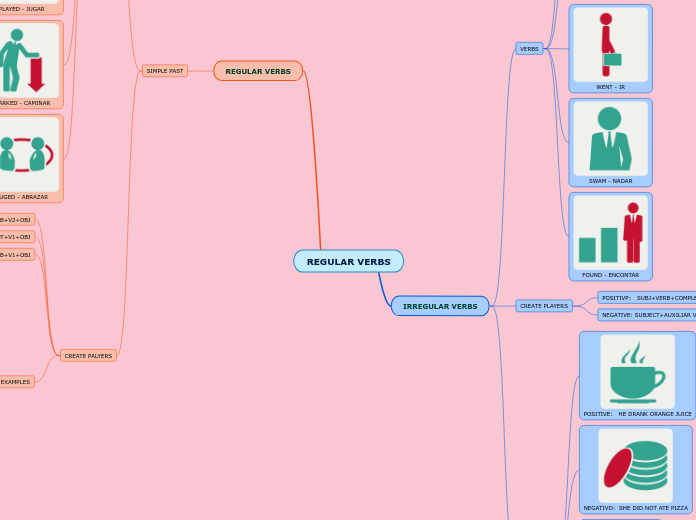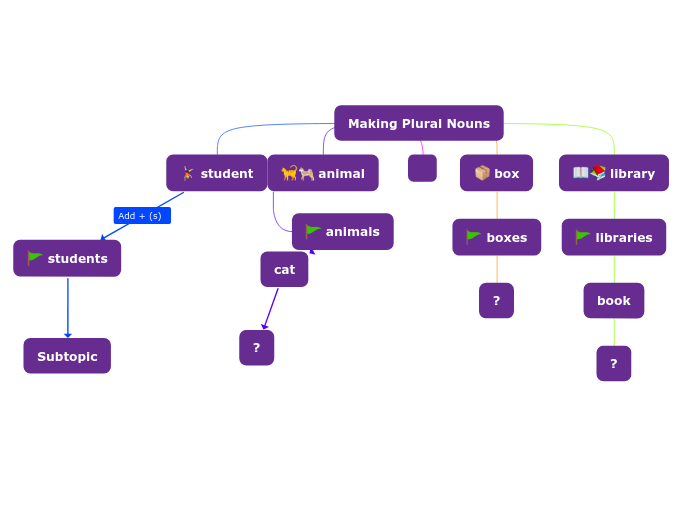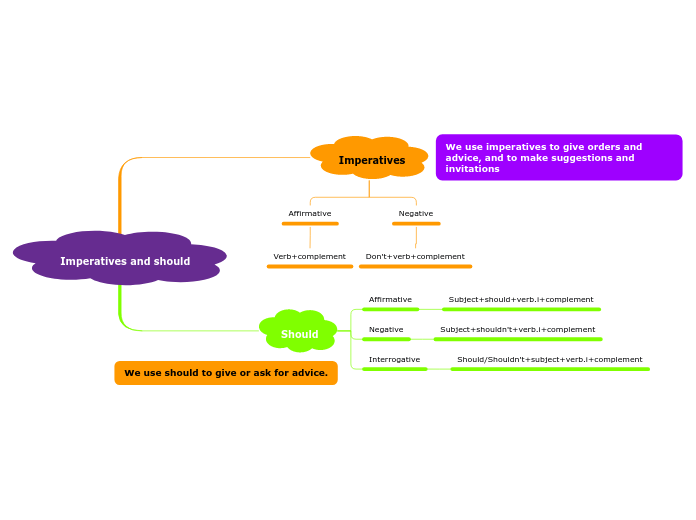a Gi Angelo 2 éve
786
QUANTIFIERS Words or phrases which are used before a noun to indicate quantity
Words and phrases that indicate quantity play a crucial role in the English language by providing clarity and precision. These quantifiers are used before nouns to specify the amount or number, and their application varies based on whether the nouns are countable or uncountable.
